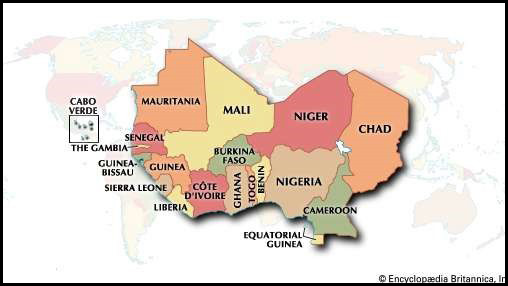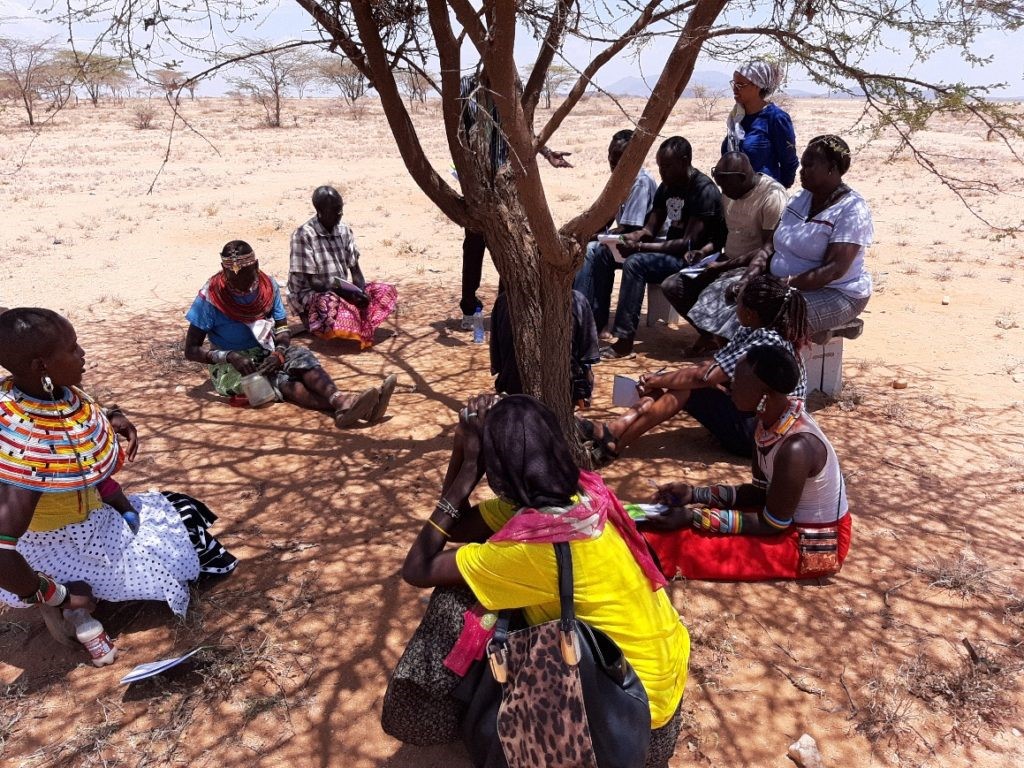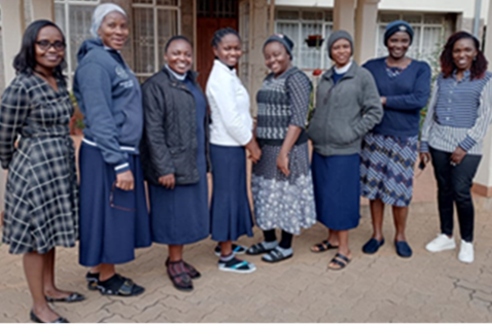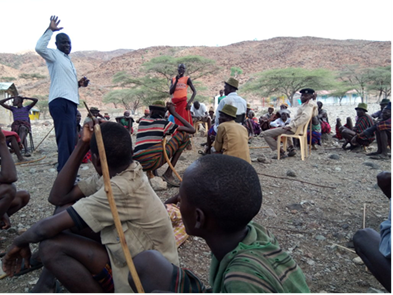“Today’s highly competitive and conflictual environment needs competent servants who have an understanding of the theories of conflict analysis. Shalom-SCCRR’s methodology and conflict transformation approach has equipped me with the essential skills required to make a positive contribution in my country, Cameroon, and other African nations where I will be serving.” Sr. Franka Dzeaye

The Missionary Sisters of the Holy Rosary requested Shalom–SCCRR to help with conflict resolution and reconciliation trainings for their members. Sr. Theresa Nwosu, the local Superior for the Students’ House Community in Nairobi observes: ‘‘As a Catholic religious missionary congregation of religious women who face violent conflicts in our day to day missionary work, we have seen the need for expertise while working with the communities to address the conflict challenges that they face. An expansive understanding of the key underlying causes of these conflicts, conflict dynamics, and most especially acquiring a range of practical skills essential in the management of conflict and handling post-conflict situations becomes quite imperative.’’

The religious sisters who were trained are from West Africa and have been working in three countries (Nigeria, Cameroon, and Liberia), whose citizens have been victims of marginalization, extreme poverty, and armed inter-communal, inter-religious, and political conflicts. They received trainings on Paradigms of Conflict Analysis (Realism-Strategist, Structuralism, and Conflict Research), Conflict Transformation Reconciliation and The role of Women in Conflict: Victims and Perpetrators. Some of the conflict issues that emerged from the interactive sessions were dysfunctional governance systems, marginalization, long-standing inter-ethnic and inter-religious animosities among other structural issues.

Sr. Chibuzo Ifionu noted that; having understood the causes of conflicts, I now realize that empowerment of the communities through education is key to the peaceful co-existence among them. Sr. Sosylvie Cho underpinning this noted that; ‘‘we now have a deeper understanding of the kind of interventions that we should be mobilizing the communities to implement. We understand that for any form of transformation to be achieved there should be a coherent and cohesive attending the personal, relational, structural and cultural issues.’’
Concerning the Shalom-SCCRR conflict transformation and peacebuilding approach and methodology. Sr. Onyinyechi Nduagalugwa stated that; it provides essential skills and techniques for conflict analysis and interventions based on participatory frameworks. Sr. Nodebechi Omar further noted that; ‘‘Shalom’s work in ending the cycle of violence in the tribal lands of Africa is a great initiative and with the support of relevant stakeholders this will definitely be actualized.’’
“Shalom-SCCRR trainings have helped me develop new insights on the role of power, environment, and structures in conflict and its resolution. It has also deepened my understanding of the role of justice, peace, mercy, and truth in reconciliation. I now feel more prepared for my mission.’’ Sr. Antonia Omah from Nigeria, currently on a mission in Cameroon remarked.

Shalom-SCCRR will continue to assist and empower inter-ethnic and inter-religious groups and institutions to amplify more expertise in conflict transformation, peacebuilding methodologies, and strategies.
Indeed, Shalom-SCCRR will create and support networks of women in peacebuilding across different religions and cultures. It will further strengthen peacebuilding efforts and development initiatives that augment the potential of women in their own and that of their families and communities progress towards a joint interdependent future. Shalom-SCCRR is on the verge of launching an Empowerment Center addressing Violence against Women and Children in the informal urban settlements (slums) in Nairobi.
Relevant Links:
https://shalomconflictcenter.org/an-understanding-of-the-work-of-shalom-sccrr-in-2019-2020/
http://mural.maynoothuniversity.ie/9086/7/PD-Radicalisation-2017.pdf
By:
Judy Akedi MA, Shalom-SCCRR Project Officer, Nairobi & Women Projects
Esther Kibe MA, Shalom-SCCRR Project Officer, Marsabit & Women Projects
Arthur Magero MA, Shalom-SCCRR Project Officer, Nakuru & Kisumu Projects

